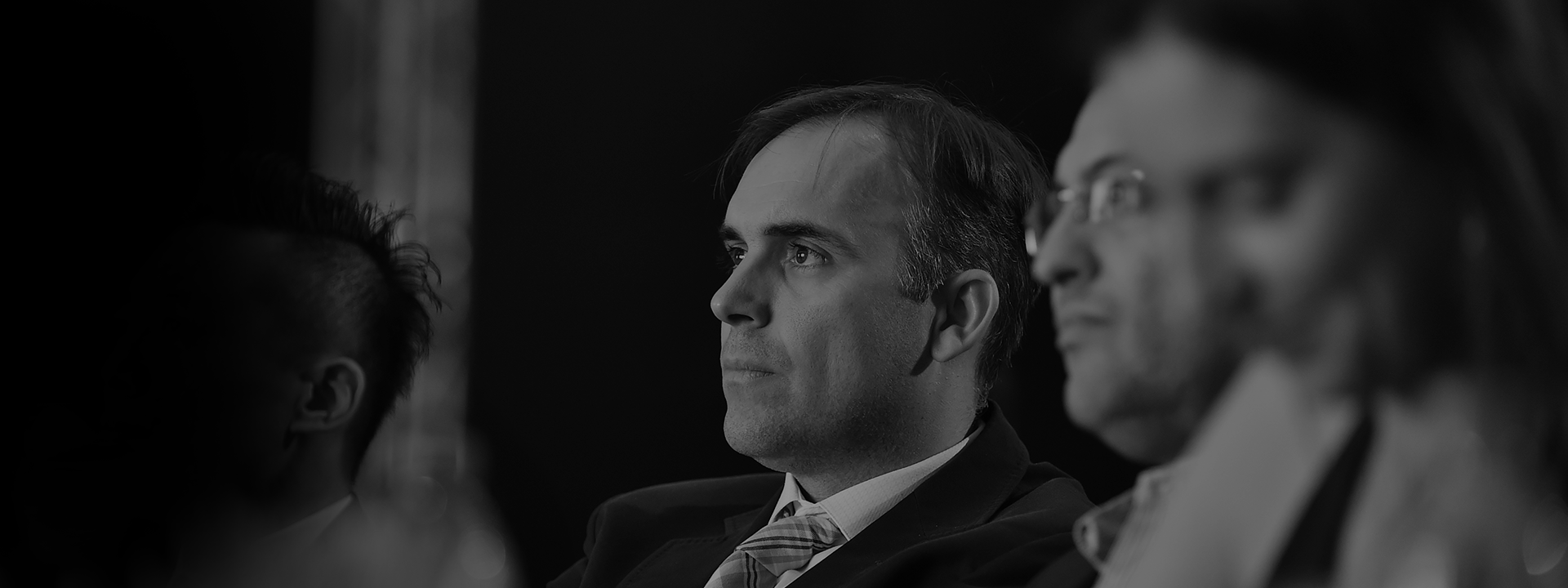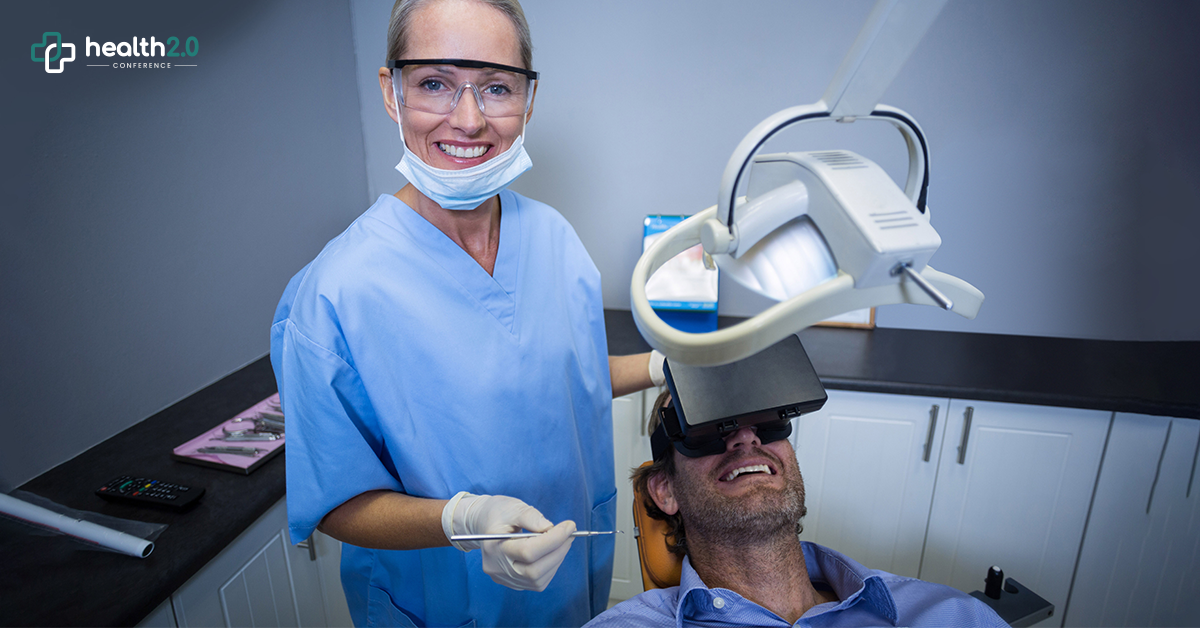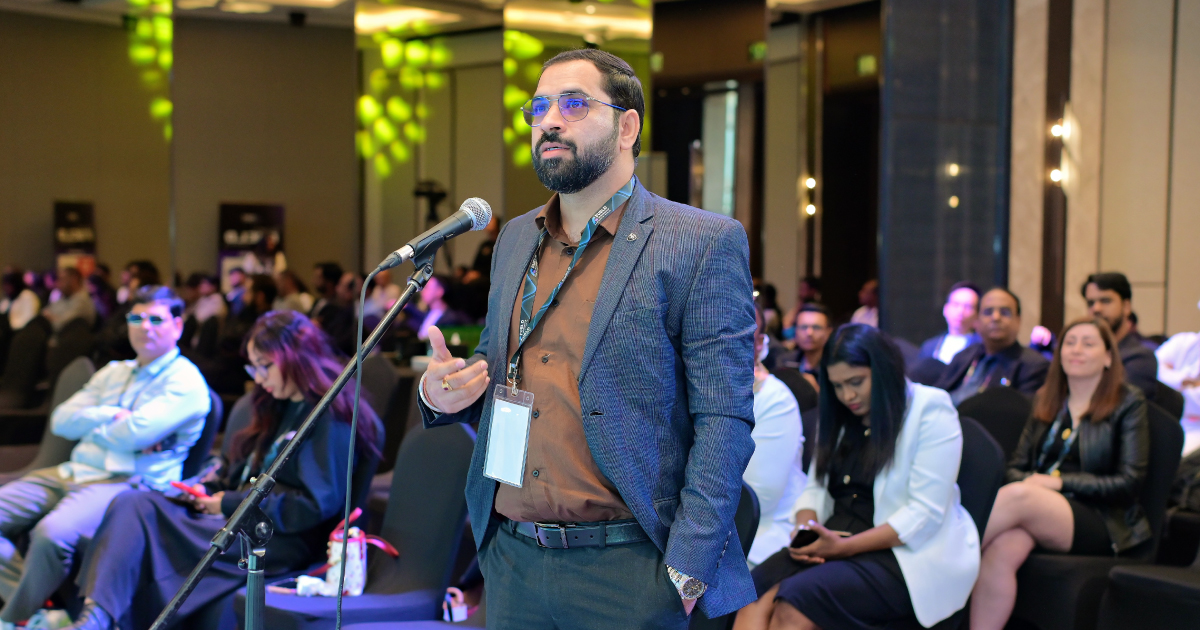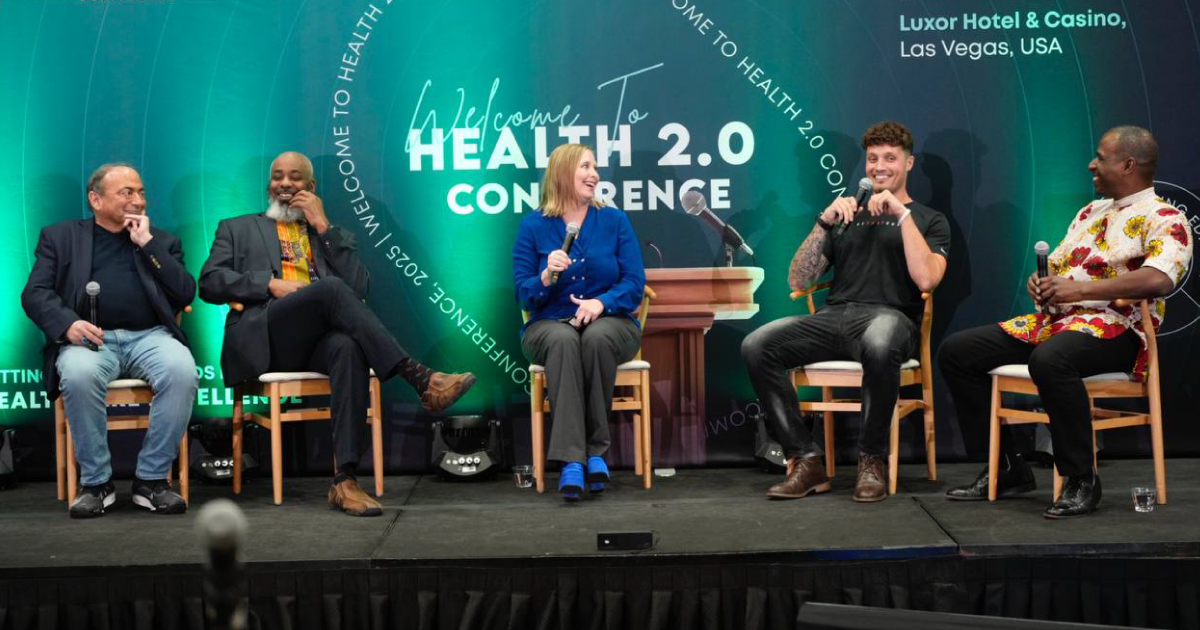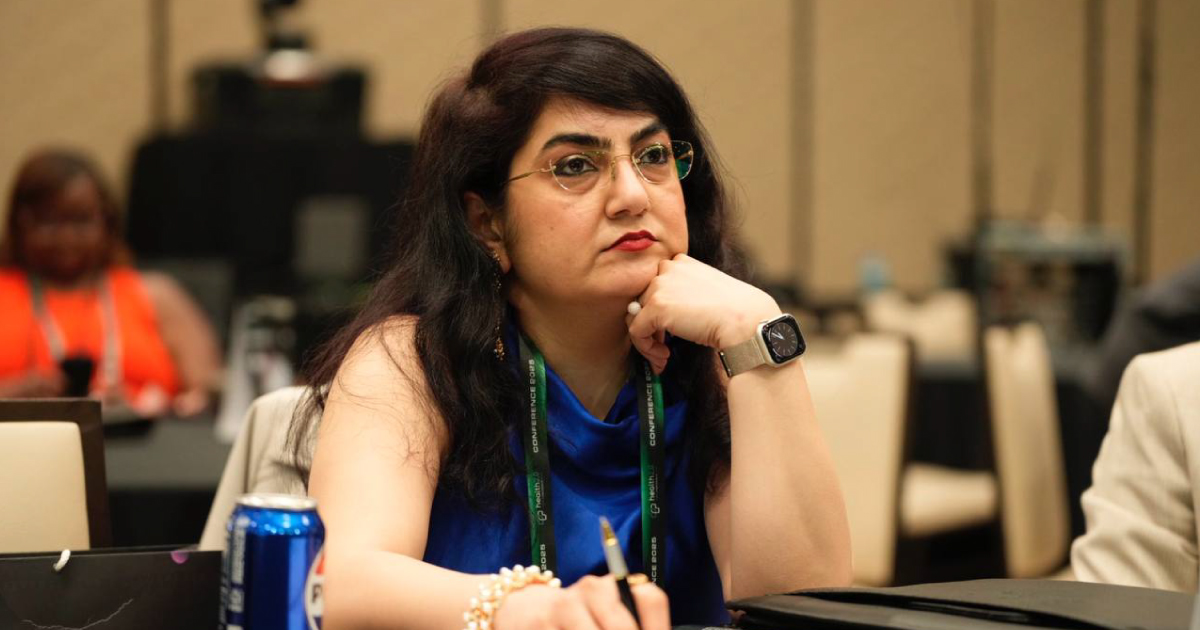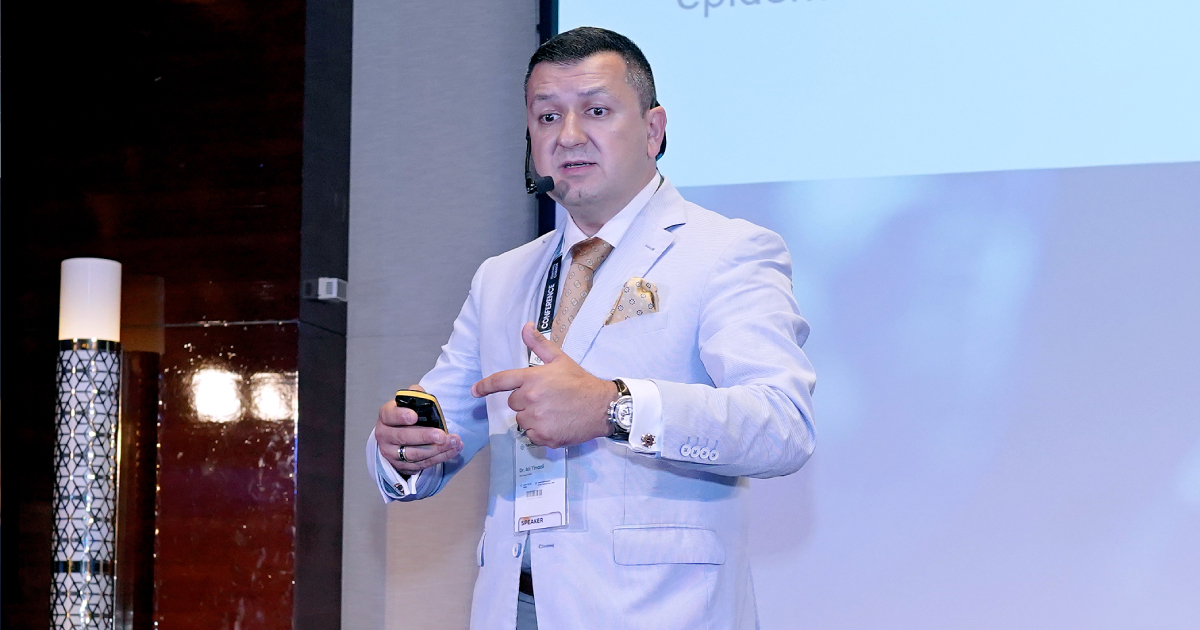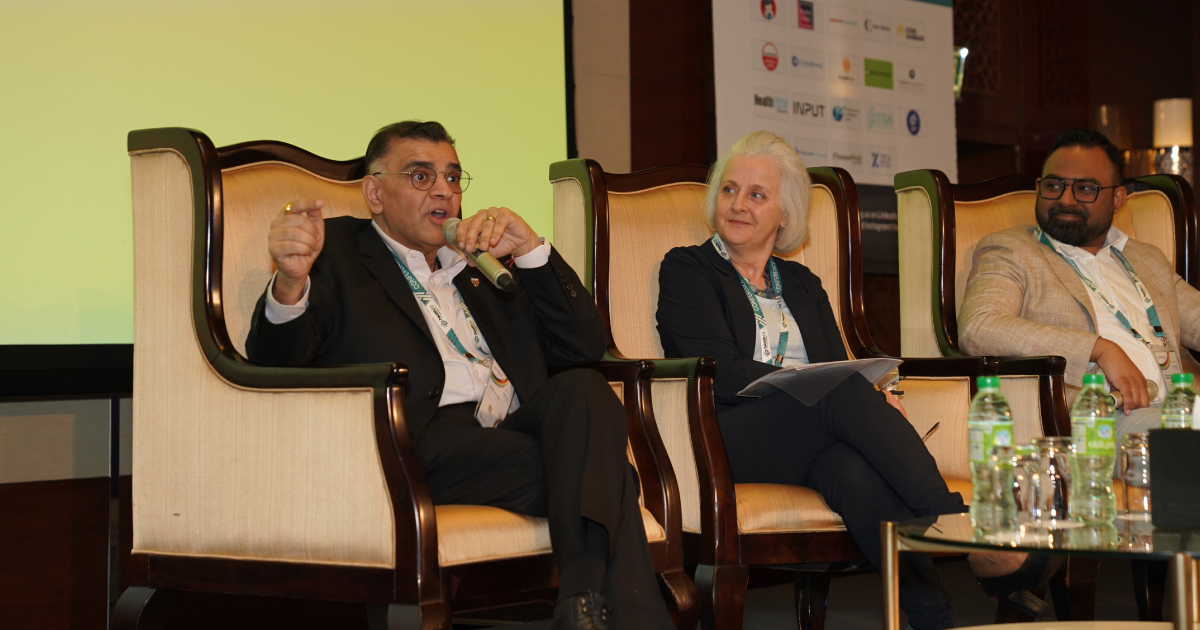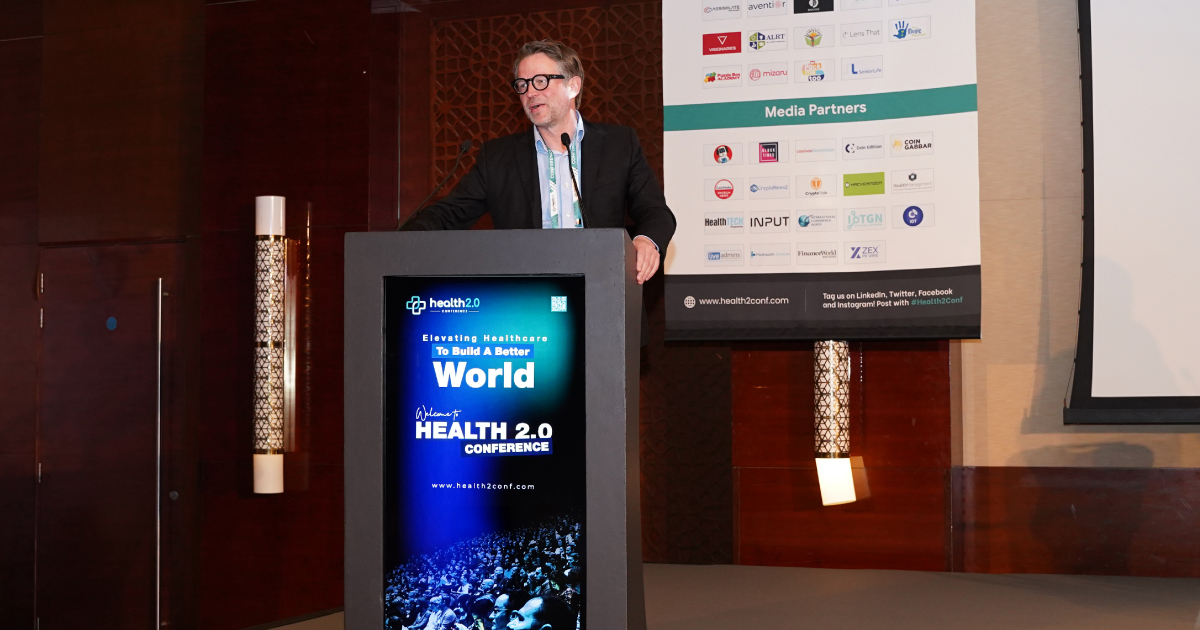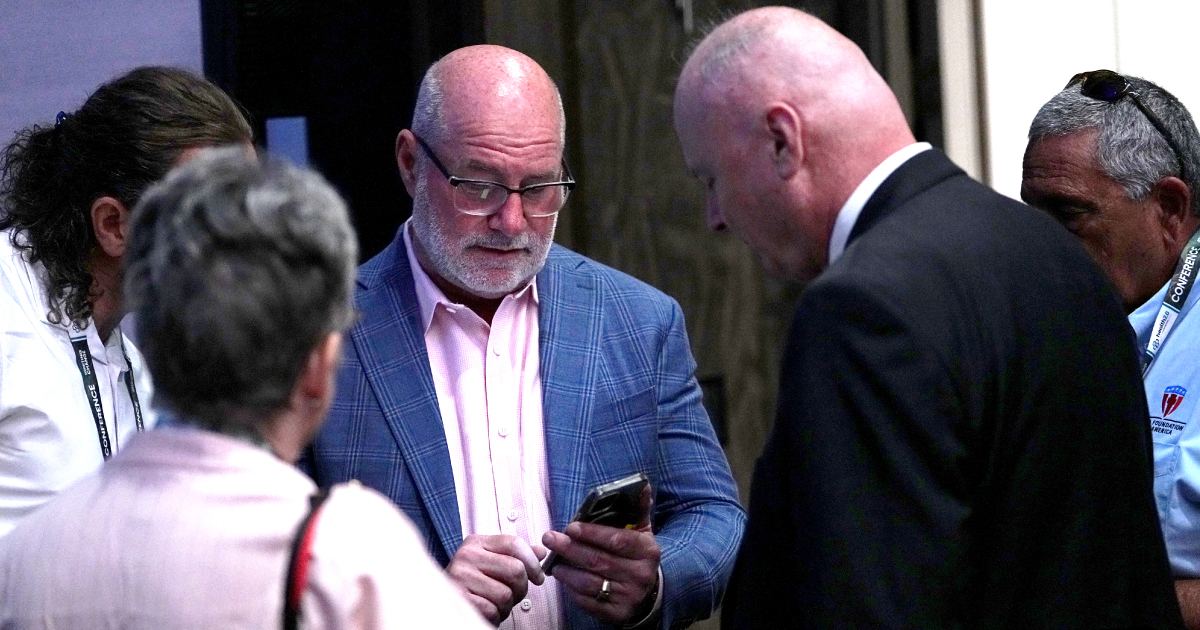Virtual reality tools are all the rage in the realms of gaming, travel, and tech. However, did you know that it is also making inroads into the healthcare industry? That’s right.
With developments taking place at a rapid pace in this field, VR tools and technologies now have the potential to save lives. As has been discussed at length at healthcare events in the USA, it finds applications in diagnostics, surgeon training, pain management, surgical wards, and even in the case of stroke rehabilitation. In this blog, we will give you a basic overview of this subject:
-
Training Of Healthcare Professionals
VR gives doctors-in-training unrestricted access to the workings of the human body. It gives them a realistic depiction of the human anatomy, its bodily systems, and processes in detail. With CGI reconstructions, students get the opportunity to engage with practical concepts and even witness how particular illnesses and chronic diseases affect the body, stage by stage. This would be impossible to replicate with the help of cadavers.
In addition to this, surgeons can also use simulation tools to practice a particular suture or an invasive procedure before major surgeries to hone up their skills and determine treatment efficacy. Thus, VR can prove to be a vital learning tool that can raise the standard of care provided in American hospitals and also boost patient outcomes.
On a simpler level, VR can be deployed to help patients understand correct flossing techniques or even walk them through exercise regimens. But more importantly, it finds use in situations wherein doctors have to walk patients through minor and major surgical procedures. This gives patients an idea of what they are in for and helps clear any confusion they may have. It also helps them understand the risks associated with a particular intervention or treatment method.
Given VR’s potential in this arena, many surgeons at healthcare events in Dubai have stressed that it could be made an inextricable part of informed consent protocols to ensure transparency and accountability.
-
Mental Health Interventions
Psychologists have tapped into the ability of VR devices to simulate realistic environments to help treat individuals living with PTSD and anxiety. For instance, someone who has agoraphobia — the fear of being in open, crowded places — can be guided through similar situations in a comfortable setting to help them face their fears slowly. VR has also shown promise in helping children living with autism and in the treatment of depression.
Conclusion
The future of VR in healthcare is bright and brimming with opportunities. To get a more comprehensive view of the entire arena, register for post-COVID-19 healthcare conferences in Las Vegas and Dubai, such as the Health 2.0 Conference. Refresh your industry knowledge and get to know more about the remarkable people who are making a difference in the lives of patients all over the world with their innovative offerings. After you are done networking, explore new products and services at our exhibit booths!


